Impact Statement
Sustainability is the cornerstone of the rePlant Hemp mission. There is a direct connection between hemp-based innovation and climate crisis mitigation, and a direct connection to economic uplift in underserved communities. By our own estimates, over the next 10 years the industry can add over 60,000 direct US jobs, bring $32 billion a year into the US economy and sequester eight million tons of CO2 a year.
rePlant Hemp’s mission is to stand up this industry in the US and get the important things right from the beginning: rePlant Hemp aims to revitalize rural America and underserved communities by providing good green jobs along the hemp processing value chain with an unwavering focus on diversity and inclusion. Portfolio companies will be expected to have the following metrics in place or will be assisted in implementing them:
- D&I Plan: Having a Diversity & Inclusion Plan is a vital step in creating an inclusive company culture and meeting diversity goals.
- Diversity Charts: Maintaining a current chart of the make up of management and employees keeps D&I at the forefront.
- Education Programs: Training programs allow a company to improve its workforce skill set and provide more opportunities to promote from within. They are also a useful tool for motivating and re-energizing morale.
- Minority & Women-Owned Contractors: Companies will have a policy to use its best efforts to afford minority-owned and women-owned business enterprises the maximum practicable opportunities.


Without an all-out war on the climate crisis, billions will suffer needlessly and the global economy may be permanently destabilized. To reach net zero by 2050, atmospheric carbon needs to be halved—a task that experts estimate will represent upwards of $3 trillion in new investment each year into cleantech innovation. The commercialization of sustainable biobased inputs to displace extractive hydrocarbon inputs is a critical element of our journey to net-zero. Industrial hemp is a versatile, carbon-negative biobased food and fiber input with current growth positions in nutrition, construction, automotive, bioplastics and biocomposites, biofuels, and much more. It was made federally legal in 2018, presenting an investment opportunity to support and share in the profits of an innovative new industry with enormous potential. Beyond replacing high-emissions industrial inputs and practices, the crop sequesters more CO2 than trees and returns nutrients to the soil during its growth cycle, meaning it cleans air and water in the rural communities where it grows, and presents a new cash crop to our farmers when they need it most.
GETTING TO NET ZERO
Data is critical.
rePlant Hemp Impact Fund 1, LP is a data-driven organization that analyzes and reacts to quantifiable economic and environmental evidence. Broadly this includes:
CO2 sequestration: rePlant Hemp is actively developing verification and validation methodologies with several leading groups. Members of the rePlant Hemp team were directly involved in the drafting and passage of the Growing Climate Solutions Act in the US Senate with a vote of 92-8.
Measuring outputs: Acreage, yield and biomass and the direct quantitative relationship to offsetting extractive processes and materials.
Measuring outcomes: Carbon neutrality, positive economic and social impact, measurable shift away from hydrocarbons, including economic growth and internal ESG metrics and monitoring within portfolio companies.
Multiplier Effect: Some portfolio investments may be in startups who require investment to reach margin at scale. As the industry and corresponding markets scale, a likely effect is more income for workers and companies.
Inclusion and Diversity: rePlant supports underserved communities, black and brown entrepreneurs, women, and farmers.
rePlant Hemp directly addresses 9 of the 17 UN 2030 Sustainable Development Goals:

ZERO HUNGER
Hemp seeds are a superfood, and hemp farming improves land and soil quality. Plant-based foods made with hemp seed ingredients in school lunches and food assistance programs, for instance, will provide nutrition density for malnourished populations, especially children. Hemp plays a role in fostering regenerative agriculture, low-waste circular systems and sustainable regional economies.
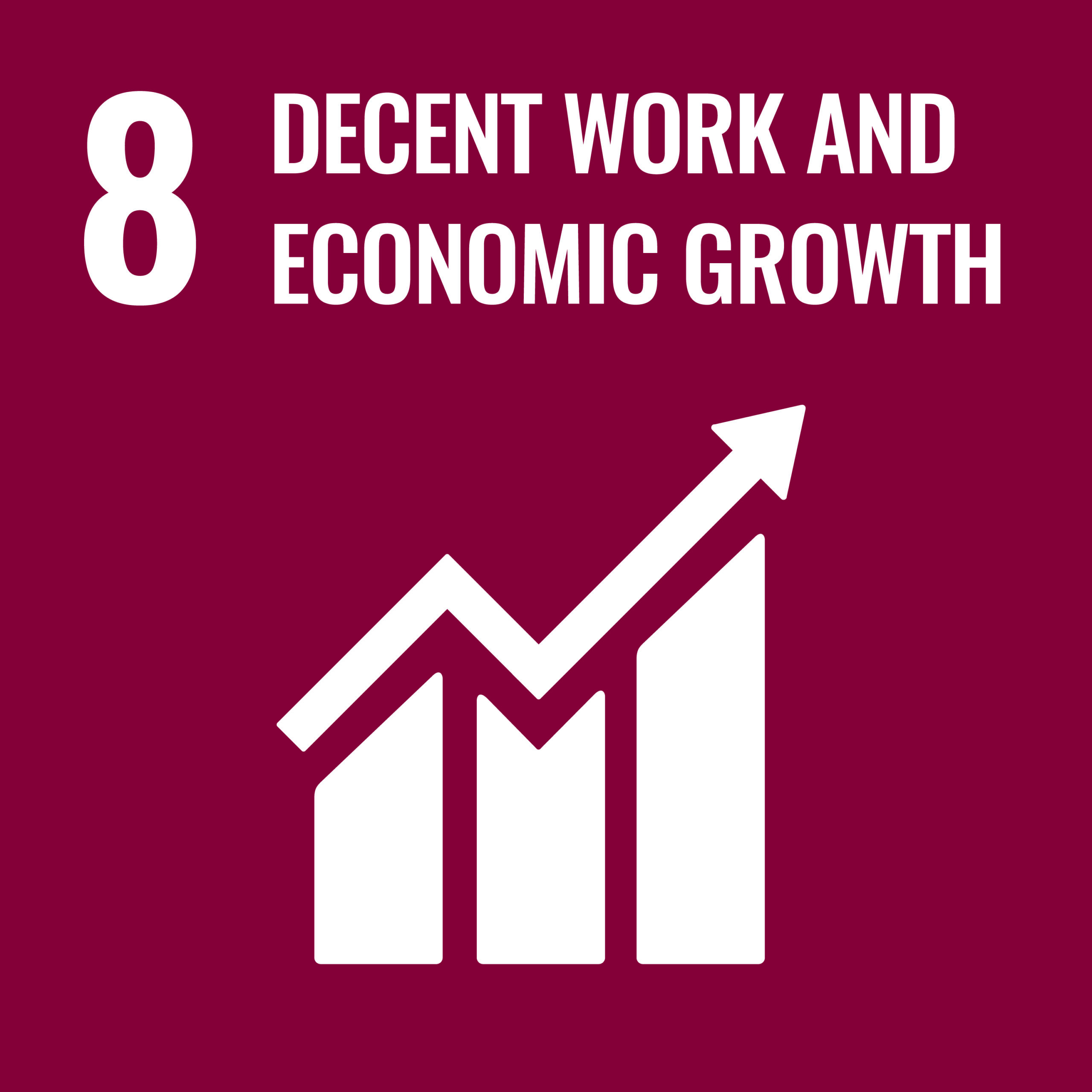
Decent Work and Economic Growth
Good green jobs are a primary focus of the fund. As hemp innovation scales, tens of thousands of skilled laborers will be employed in farms and factories, and entrepreneurs and innovators will be needed to spur growth and lengthen the value chain. Many hemp products are biodegradable, fully recyclable, carbon neutral, and even carbon negative throughout their lifecycles. Our transition away from a fossil-based economy gives us the opportunity to invest in resource efficiency, both in production and consumption.
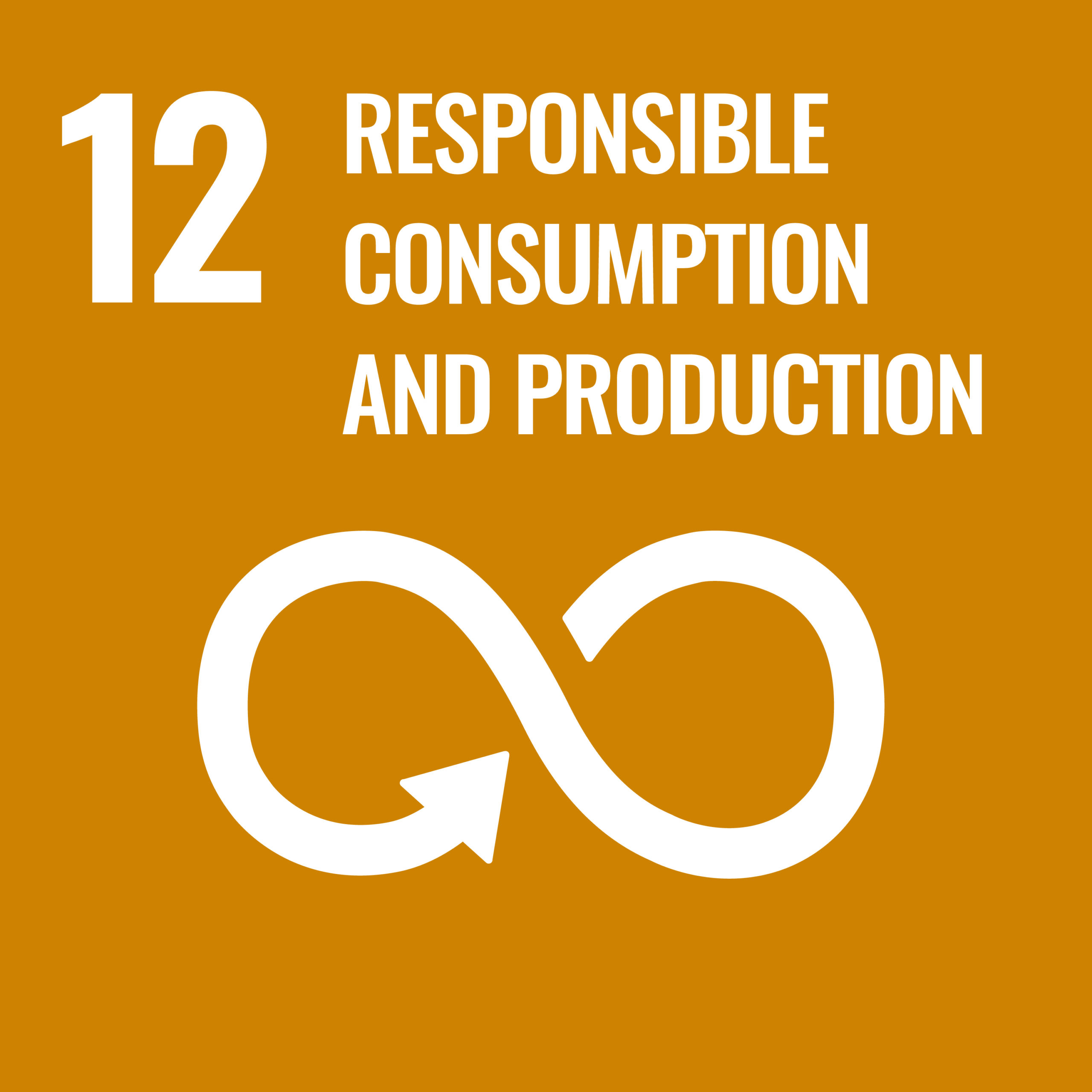
Responsible Production & Consumption
rePlant’s chief objective is to phase out hydrocarbons and wean the world off the fossil-based economy by developing a thriving Agro-Industrial Complex based on hemp and other super crops. Hemp cleans the air and soil where it grows, and hemp-based materials are recyclable and often 100% biodegradable, and free of dangerous toxins found in hydrocarbon-based goods. rePlant Hemp is working with the US government to advocate economic incentives that preserve and restore ecosystems and introduce regenerative agricultural practices while disincentivizing practices that damage the environment.

Good Health & Well-Being
Hemp cleans the air and soil where it grows, and requires a fraction of the water, chemicals, and pesticides that other crops do, lessening hazardous contaminant runoff into streams and rivers. Hemp-based manufacturing inputs are non-toxic; concrete, fiberglass and other toxic petroleum-based materials result in unnecessary suffering, healthcare costs and premature mortality.
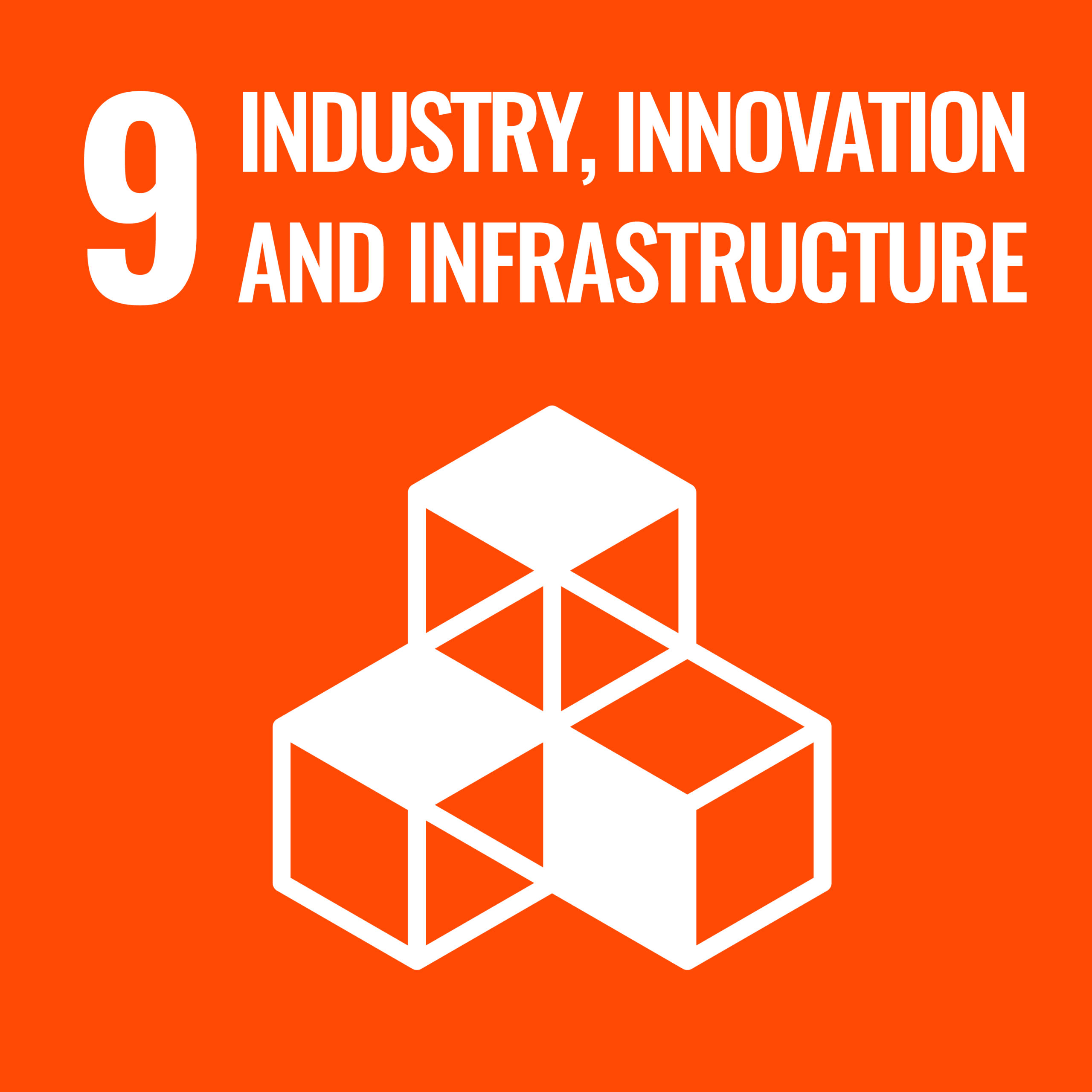
Industry, Innovation and Infrastructure
Hemp-based innovation is technology, agronomy, materials science, engineering and chemistry oriented directly toward creating new ecologically viable products and practices and retrofitting existing industries to make them sustainable. Hemp plays a major role in the manufacturing and development of non-toxic green concrete, concrete reinforcement, insulation, flooring and more. Hemp innovations include biodegradable plastic and biocomposites, new green construction materials, high-protein plant-based nutrition, and 100% biobased polymers. Because hemp thrives across the globe, this ag-based cleantech can be migrated to developing countries who need it most.

Climate Action
rePlant Hemp’s primary objective is to fight global warming with hemp-based cleantech innovation and bring global awareness to biobased inputs like hemp that offer a path to sustainability for the world’s largest—and highest emitting—industries. Industrial Hemp is carbon-neutral and is a prime example of newly emerging Sustainable Asset Classes—businesses and practices that protect ecosystems, support and increase photosynthesis, and bring the carbon cycle back into balance. These asset classes place tradable value on the preservation and restoration of our environment, leveraging public policy and market dynamics to steer us away from climate catastrophe.
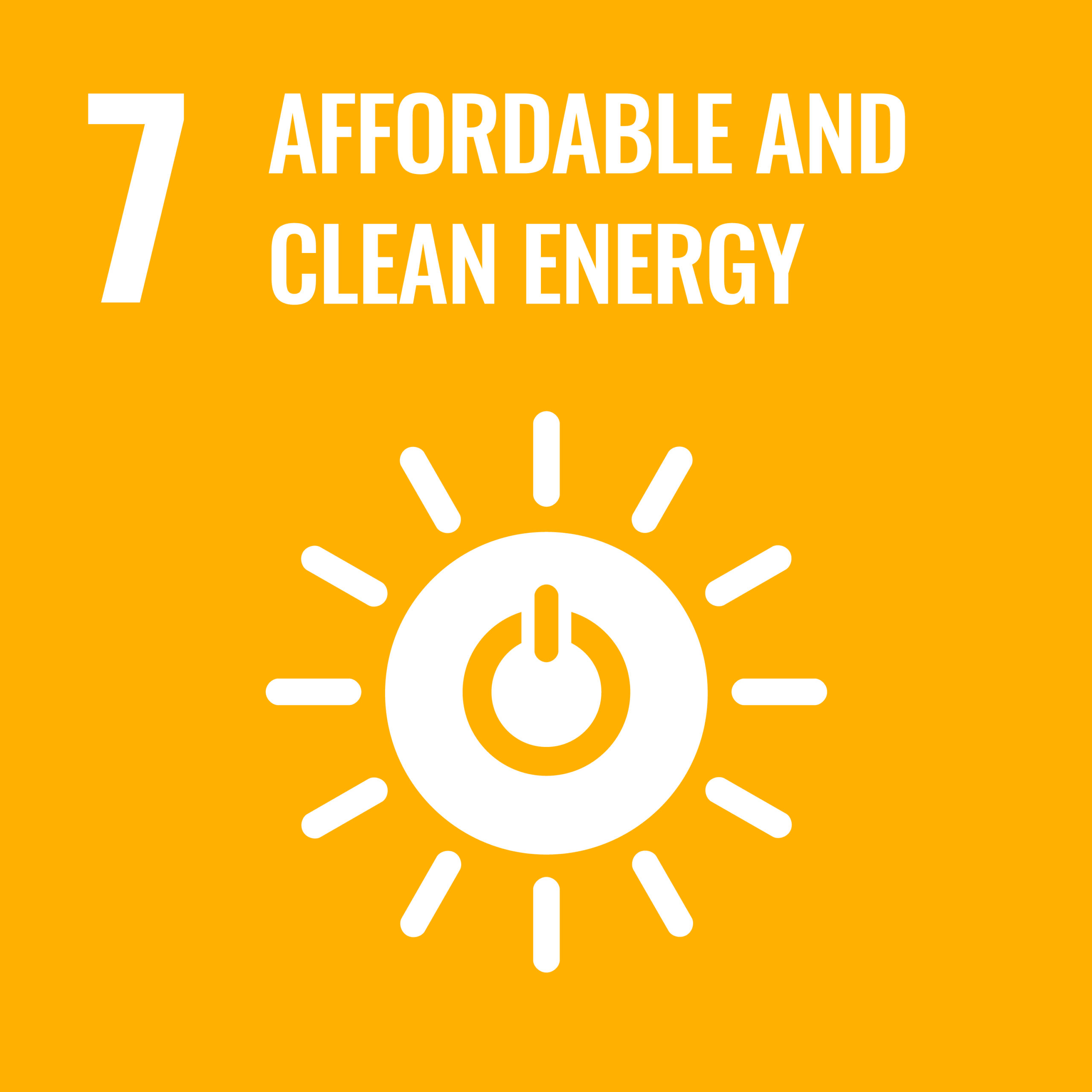
Affordable and Clean Energy
rePlant Hemp has been cooperating with a major international green biofuel manufacturer and two universities working to scale hemp as a biomass feedstock for SAF (sustainable aviation fuel). rePlant supports other hemp-based forms of clean energy technology which have the capability of providing affordable sustainable energy to both developed and developing countries.
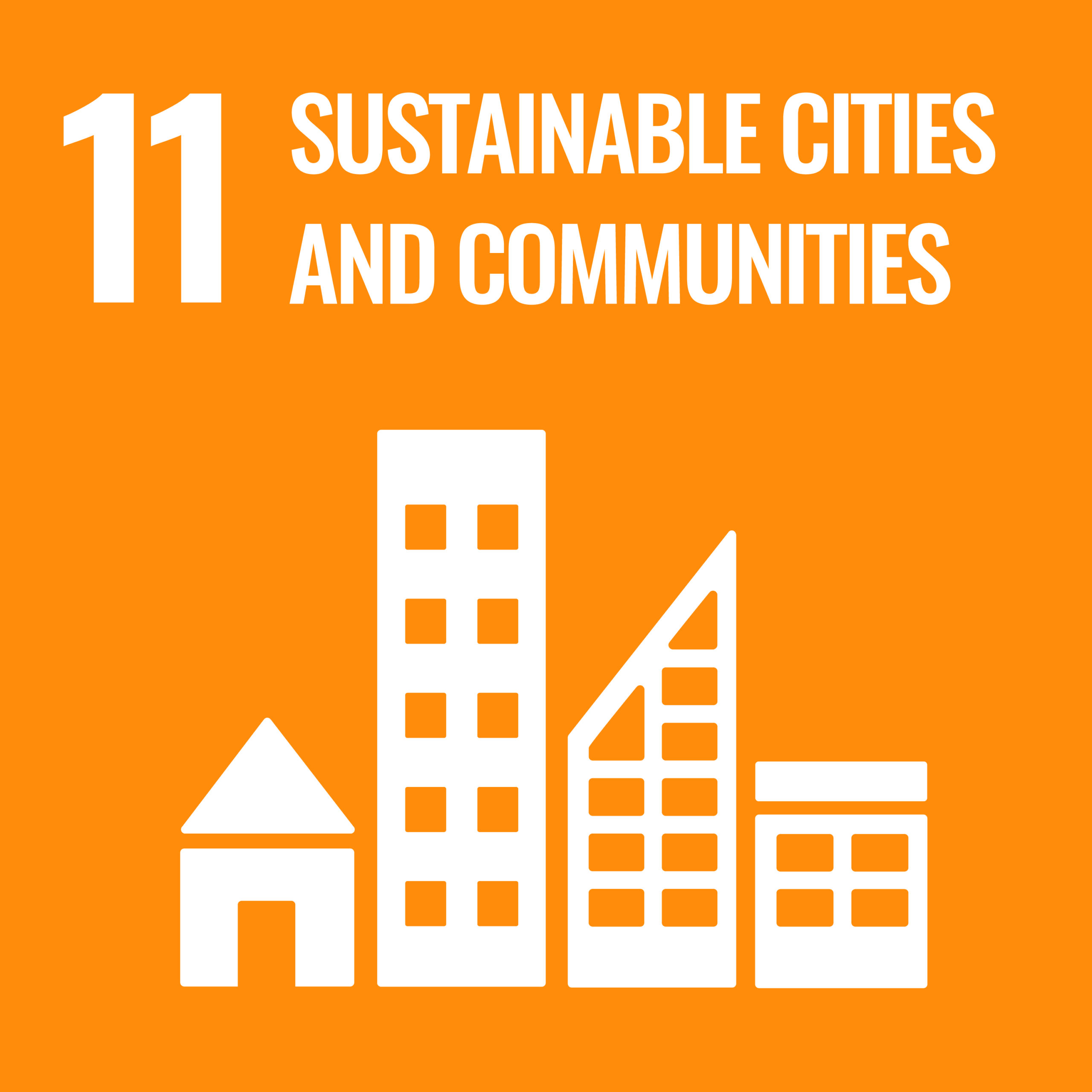
Sustainable Cities & Communities
Hemp can be the cornerstone of a biobased circular system within the carbon-neutral cities of the future. Hemp fields and factories sustainably produce the products cities need, from food to fuel to textiles. Biomass and hemp waste is converted into a range of useful products from syngas and biofuel to compressed fuel pellets and biochar to increase crop yields season over season. Biochar can also be used as a lightweight concrete reinforcement. The convergence of hemp construction materials and advanced construction tech like the 3D printing of structures can meet the housing crisis head-on with sustainable, affordable dwellings. Super-efficient cities using circular hemp-based systems are the future of sustainable urbanization.

Life On Land
If the planet gets too hot life on land is in big trouble. Innovations in hemp cleantech increase restoration of depleted land and soil, combat deforestation, and help conserve ecosystems and resources. rePlant’s objective is to concentrate financial resources to support carbon-neutral innovation to help bring Earth to Net Zero emissions by 2050—before it’s too hot to live here.
Investor Contact
Take the first step on our critical journey towards a decarbonized society today.
Why This Matters
Global climate crisis directly impacts economies and influences purchasing decisions large and small. Consumer spending is more directed than ever toward sustainability and environmental stewardship, and those who are prepared with commercially viable sustainable alternatives will create—and profit from—the path forward.

Please remember that different types of investments involve varying degrees of risk, and there can be no assurance that the future performance of any specific investment or investment strategy will be profitable or equal any historical performance level(s).
Company
rePlant Hemp Impact Fund 1, LP is an investment fund registered by rePlant Hemp Advisors, LLC for the purposes of investing in hemp-based technology to decarbonize the global economy.
Contact
1300 Pleasant Hill Road
Fleetwood PA, USA 19522